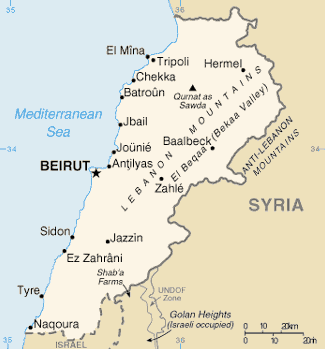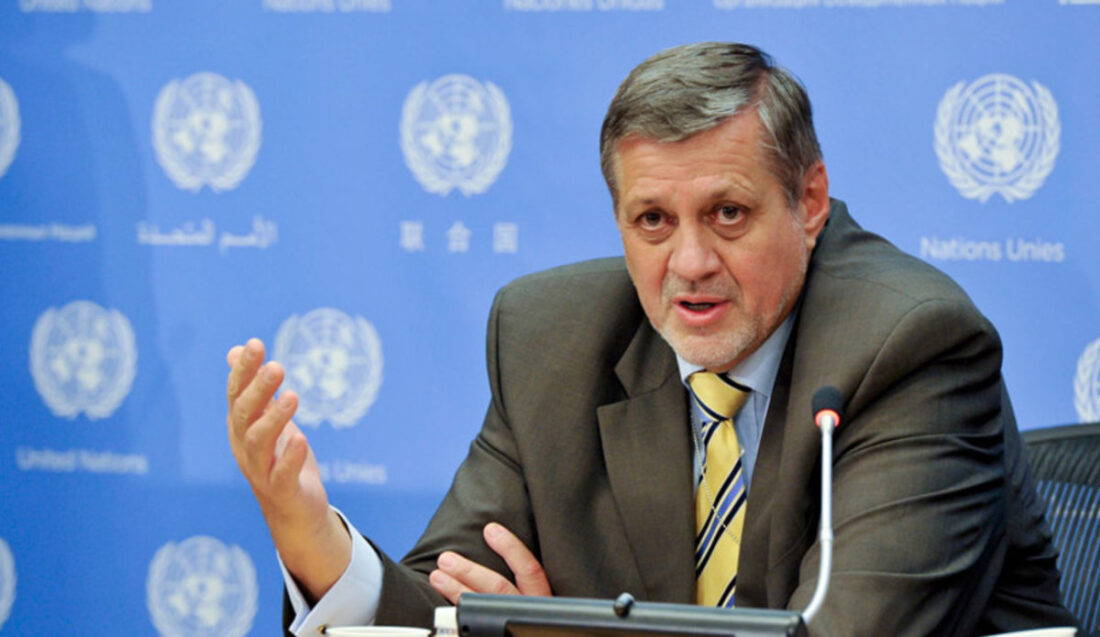Israel and Lebanon have been locked in an official state of war since 1948, but in the past month they have engaged in three rounds of maritime border talks that may well defuse regional tensions.
The talks are likely to be difficult. As a Lebanese spokesman said, the opening round was the “first step in the thousand-mile march towards the demarcation of the sea frontier.”
Negotiations have taken place in the southern Lebanese town of Naqoura, which is very close to the Israeli border. Delegates have met at a base housing the United Nations Interim Force In Lebanon, which was established following Israel’s first invasion of Lebanon in 1978.
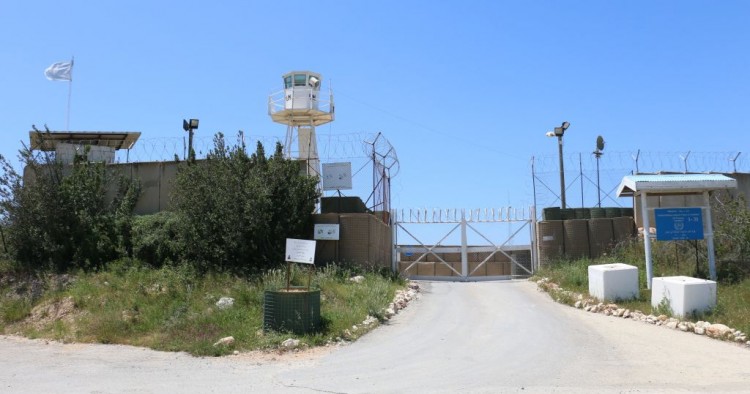
The negotiations, announced by U.S. Secretary of State Mike Pompeo on October 1, were held on October 14, October 28-29 and November 11 under the auspices of the United States and the United Nations.
The next round is scheduled for early December.
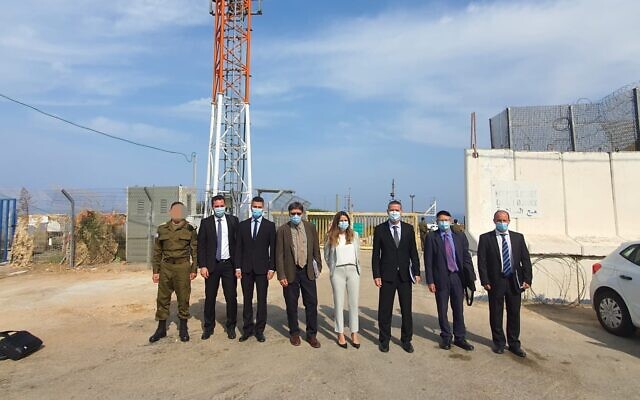
The Israeli and Lebanese delegations did not engage in direct negotiations, although they sat in the same room. And members of Lebanon’s delegation refused to pose with the Israelis in what was supposed to be a joint photograph.
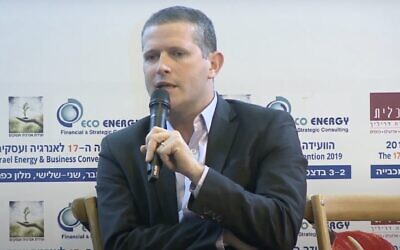
Israel’s delegation is led by Udi Adiri, the director-general of the Ministry of Energy. Lebanon’s delegation is headed by Bassam, Yassin, an air force brigadier-general.
It was made clear by Israeli Energy Minister Yuval Steinitz from the outset that the negotiations are purely technical in nature. “We’re not talking about peace talks or negotiations over normalization, but rather about the attempt to solve a technical economic problem that for a decade has been preventing us from developing natural resources in the sea for the benefit of the people in the region.”
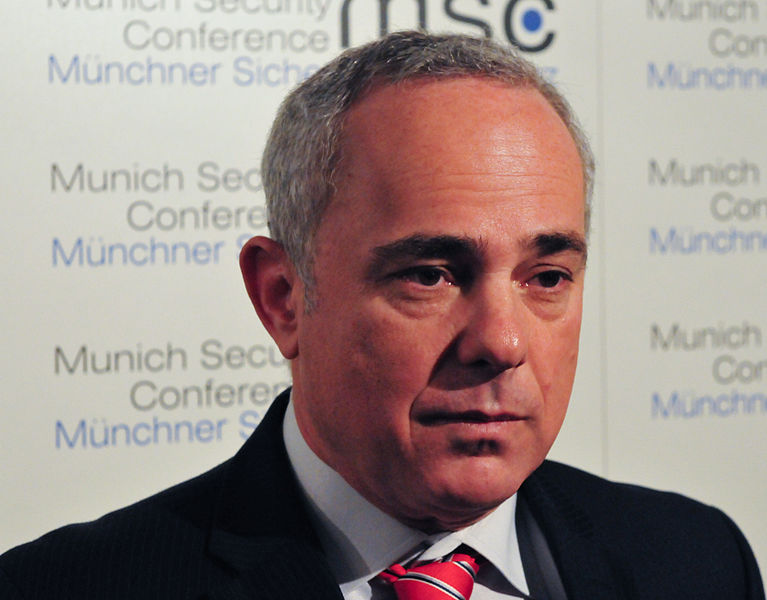
Their sole purpose is to delineate the maritime border in disputed areas so that both countries can “take advantage of the treasures hidden in the sea — natural gas,” he added.
Lebanese President Michel Aoun struck a similar tone, ruling out the possibility of a normalization of Israeli-Lebanese relations along the lines of Israel’s recent agreements with the United Arab Emirates, Bahrain and Sudan. As Aoun said, “These negotiations are technical and specific to the demarcation of maritime borders.”
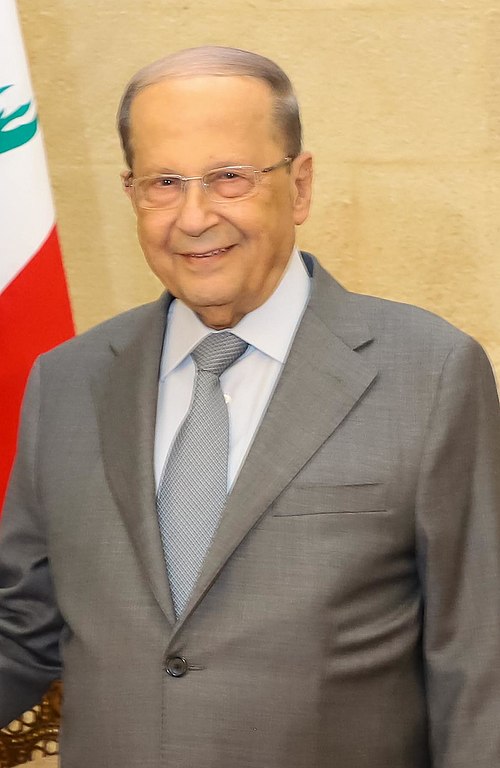
Hezbollah, which fought a month-long border war with Israel in the summer of 2006, underscored that point. As one of its spokesmen said, “It has absolutely nothing to do with ‘reconciling’ with the rapacious Zionist enemy, nor with the normalization that some Arab countries have adopted.”
U.S. diplomats conveyed the same message, saying that the maritime border negotiations currently underway have nothing whatsoever to do with Israel’s land border with Lebanon.
The talks were arranged by U.S. Assistant Secretary of State for Near Eastern Affairs David Schenker after months of shuttle diplomacy between Israel and Lebanon. Schenker has also managed the talks, which are hosted by Jan Kubis, the United Nations special coordinator for Lebanon
The mediator is the U.S. ambassador to Algeria, John Desrocher.
All three rounds have been described as “productive” by the U.S. State Department and the United Nations.
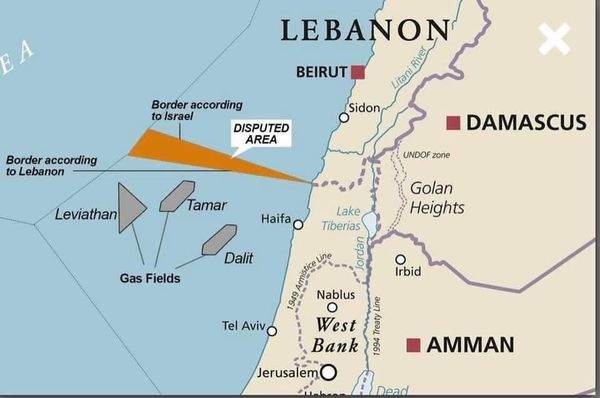
The negotiations were supposed to focus on a 860-square kilometer disputed area, but each side has upped the ante by demanding yet more undersea territory.
Lebanon has asked for an additional area of 1,430 kilometres further south claimed by Israel. Conversely, the Israeli government has demanded that the maritime border be moved further north into an area claimed by Lebanon.
Both sides argue that the 860-square kilometer area falls within their respective “exclusive economic zone” and “continental shelf,” whose natural resources they have exclusive rights to exploit. They run the gamut from gas and oil to fish and mineral deposits.
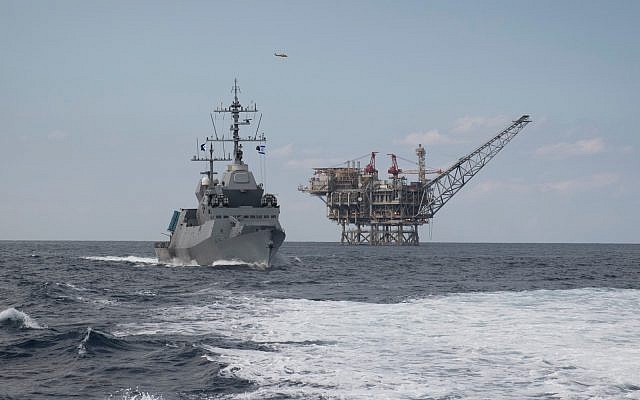
It would appear that Lebanon has more to gain from the talks than Israel.
Currently mired in a financial crisis, Lebanon spends billions of dollars annually to import kerosene and diesel fuel. Revenue from natural gas and oil discoveries could ease Lebanon’s huge debts and change its political and economic landscape. Lebanon began offshore drilling in the Mediterranean Sea earlier this year, and may soon start drilling for gas in the disputed area.
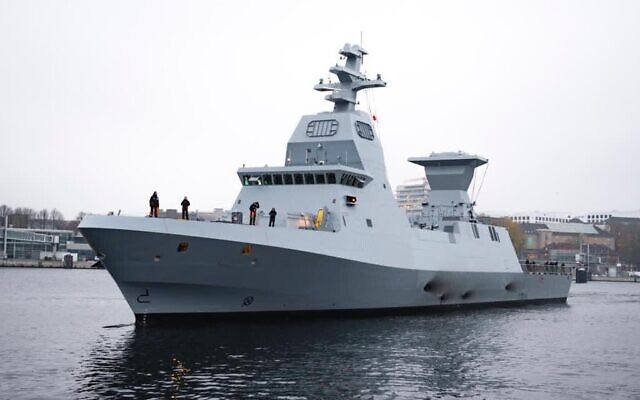
Israel has discovered enormous deposits of gas in the Tamar, Leviathan and Dalit fields, all of which are located in its territorial waters. To protect these assets, the Israeli government has ordered four Saar-6 corvettes from Germany, the first of which will be delivered to Israel shortly. In the meantime, Israel is exporting gas to Egypt and Jordan, the first Arab states to sign a peace treaty with the Jewish state.
Lebanon, whose armed forces invaded the Galilee in the 1948 Arab-Israeli war, was the first Arab nation to sign an armistice agreement with Israel.
On May 17, 1983, Lebanon signed a non-belligerency accord with Israel, but it was blocked by Syria and abrogated by the Lebanese parliament in 1984.
At the 1991 Madrid peace conference, Israeli and Lebanese diplomats discussed issues of contention in more than a dozen rounds of bilateral talks, but Lebanon withdrew from the discussions under Syrian pressure.
There months ago, Lebanon’s president hinted that peace talks with Israel were possible, but insisted that certain issues had to be addressed first. He was presumably referring to Shebaa Farms, a patch of land on the Golan Heights which is 11 kilometres in length and two-and-a-half kilometres in width.
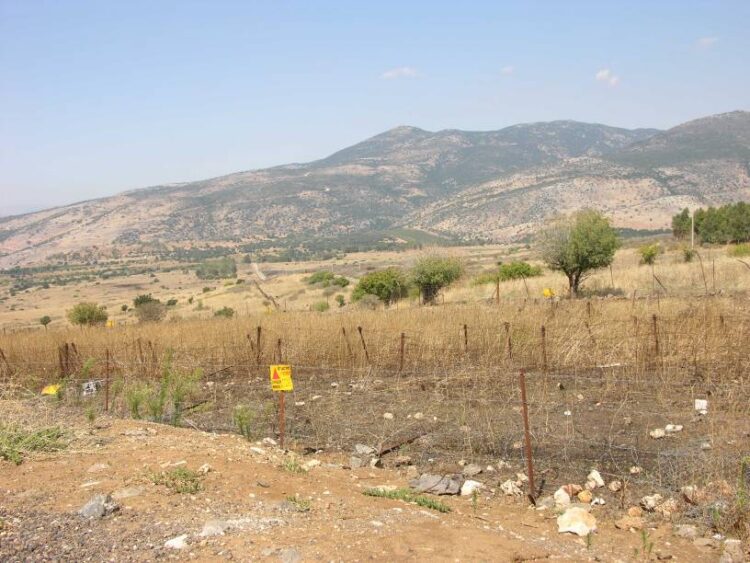
Captured by Israel from Syria during the 1967 Six Day War, Shebba Farms, known in Hebrew at Mount Dov, was under Lebanese sovereignty until the early 1950s, when it was taken over by Syria. Many politicians in Lebanon, most notably the leader of Hezbollah, Hassan Nasrallah, regard Shebaa Farms as Lebanese territory and want it back. There was no such clamor for its return when Syria occupied it.

Last month, Claudine Aoun, the daughter of the Christian Lebanese president, called for a peace agreement between Lebanon and Israel once the territorial issue has been settled. “We must demarcate the borders and solve the problems related to our land.”
Last week, the elder brother of Lebanon’s prime minister-designate, Bahaa Hariri, issued the same appeal. “I want my children to live in peace, not war,” he said, calling for the land border issue to be resolved once and for all.
This may happen at some point in the future, but in the meantime, Israel and Lebanon are busy trying to demarcate their maritime boundary.
